**Spoilers for the finale of Made for Love.**
After Black Mirror and Palm Springs, Cristin Milioti confirms herself a sci-fi queen in Made for Love, a new HBO Max dark comedy tackling trauma and tech.
An adaptation of the novel by Alissa Nutting, the show is a darkly funny, dystopian tale with Milioti’s Hazel Green as its heroine. The protagonist is fleeing her hi-tech, abusive marriage to reclusive billionaire Byron Gogol (Billy Magnussen), who has secretly implanted a chip in her brain.
Byron watches Hazel’s every move and is adamant that his control and coercion are a way to connect to her. All he wants, he claims, is to offer his wife the best possible life at The Hub, a virtual haven of his own creation—provided she adheres to his strict schedule, which includes a concerning daily orgasm review, and doesn’t get in touch with the outside world.
Ten years away from her loved ones, as well as never being afforded the casual luxury of interacting with strangers, have taken a toll on Hazel. Once she escapes from The Hub, she’s in an almost feral state. She craves some human proximity in a way that is hugely relatable during the current pandemic, and finds it in unexpected places.
On Made for Love, Hazel shares an unlikely, tender connection with Diane, her estranged father Herbert’s (Ray Romano) synthetic partner. She feels a kinship with this sex doll (modeled after Nutting’s facial features). Their seemingly one-directional exchanges provide some of the show’s most bizarre, poignant moments, leading to Hazel’s epiphany: She, too, was but a doll for Byron.
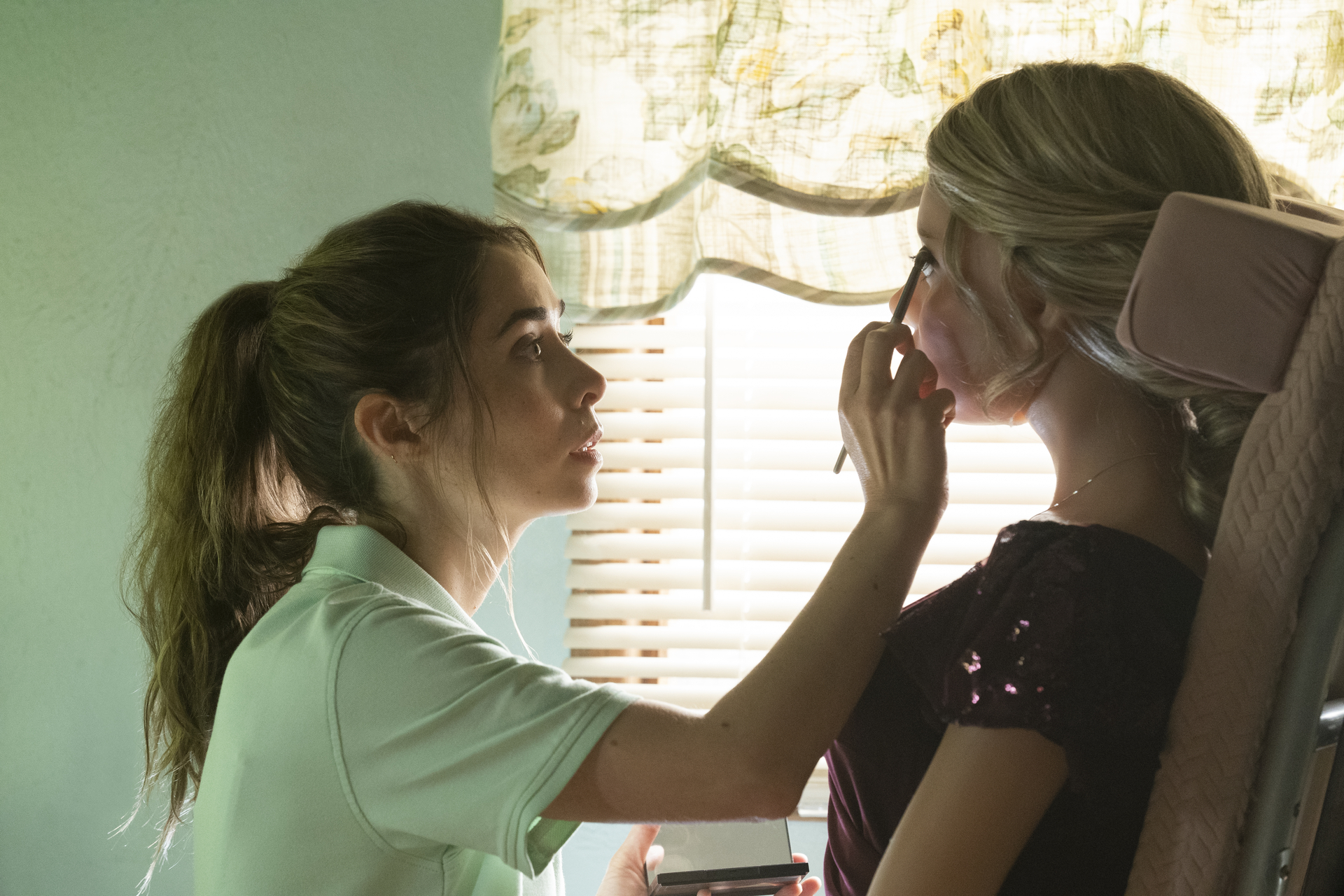
(Elizabeth Morris/HBO Max)
Her father aside, the protagonist has an all-female support network. From comedian Patti Harrison playing Hazel’s wild childhood best friend Bangles to Noma Dumezweni as Byron’s chief science officer Fiffany and Kym Whitley as nun-counselor-spy Judiff, Hazel knows that help is available. Yet, she wants to prove she’s able to regain her independence, a solitary mission that forces her to make questionable choices.
Made for Love presents the audience with an extreme, techy take on abusive relationships and what they often entail: a lack of agency. Beyond the series’ sci-fi core, Hazel’s burden speaks to other women that lockdown has trapped with emotionally, physically, and/or sexually abusive partners in their own homes. But the HBO Max show also attempts to tell Hazel’s complicated story in a form that doesn’t exclusively revolve around her ordeal—because, as we’ve learned from other excellent TV precedents like Michaela Coel’s I May Destroy You, trauma doesn’t exist in a vacuum.
Hazel is a survivor, but she’s also a positive, resourceful woman who used to run scams for a living. Milioti infuses the character with her natural comedic timing and charm, challenging the misconception that female trauma has to be portrayed in a heavy, mono-dimensional light to be taken seriously.
Made for Love bends different genres, encompassing sci-fi, dystopia, satire, drama, and dark comedy in a fast-paced half-hour format. With Nutting and Christina Lee as co-showrunners, the series sheds some of the book’s original absurdism and focuses on polishing its female lens.
Despite its chilling premise, the show never paints Hazel as a victim, nor as someone who wears her trauma like a badge of honor. This has been the case with some male-written female protagonists of TV, undergoing harrowing events as a way to define their character study (with Game of Thrones’ Sansa being perhaps the most blatant product of this trope).
Hazel is determined to own her narrative, one that isn’t exclusively trauma-centric. The way she uses humor not to dismiss trauma, but to embrace it, is a weapon she shares with recent female protagonists of television.
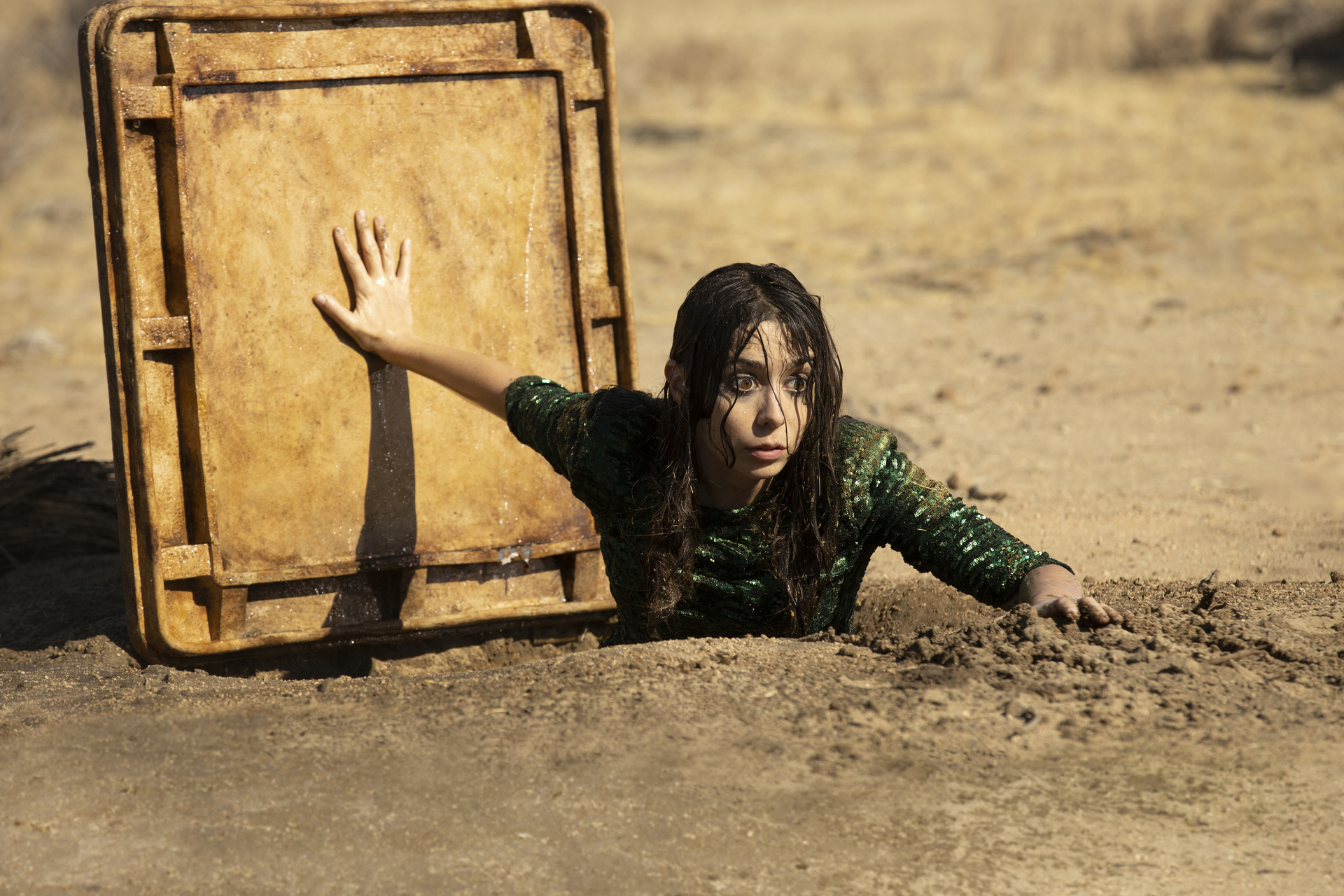
(John P. Johnson/HBO Max)
The past twelve months have gifted TV viewers riveting, layered portrayals of female trauma, touching on difficult subjects such as sexual assault, addiction, and grief. Shows like I May Destroy You, The Flight Attendant, and Marvel’s WandaVision dare combine female anger, empathy, healing, and humor in unprecedented ways.
Although women like Arabella (Coel), Cassie (Kaley Cuoco), and Wanda Maximoff (Elizabeth Olsen) go through very personal woes, they have one trait in common. These characters reject the narratives others—men, particularly—have written for them.
The idea of women re-writing their own story is especially relevant in I May Destroy You, a groundbreaking anatomy not just of sexual assault but its aftermath, based on its creator Coel’s experience. Following a rape, Arabella tries to piece together what happened while also moving on with her messy life. Just like Coel, Arabella is a writer. In the finale, she brilliantly experiments with the idea of closure that we tend to put great emphasis on.
While flight attendant Cassie and witch Wanda find closure more traditionally at the end of their first seasons, I May Destroy You pushes the envelope on how we talk about trauma. It does this by showing that closure, like revenge, can be nothing but a fantasy at times. It surely isn’t as neat as we’d like it to be.
Made for Love isn’t quite as genius as Coel’s opus. The HBO Max show’s tonal consistency across various genres works in some instances better than others. Too focused on not being weighty, the series casually brushes over Hazel’s attempted suicide in the pilot, a possible consequence of the short episode format.
Like Coel’s show, however, Made for Love’s imperfect ending defies the concept of closure. On one hand, the shocking final twist seems to exist to set the table for a second season, failing to do right by Hazel in the first. On the other, it’s an interesting example of how nuanced toxic relationships and trauma can be. Hazel’s decision anticipates some more uncomfortable questions about love, privacy, and consent the show might raise in a possible new installment. If there is one, I’ll be watching, no brain implant needed.
Made for Love is available to stream on HBO Max.
If you’re suffering from domestic abuse, you can contact the National Domestic Abuse Hotline online or by calling 1-800-799-7233.
(featured image: John P. Johnson/HBO Max)
Want more stories like this? Become a subscriber and support the site!
—The Mary Sue has a strict comment policy that forbids, but is not limited to, personal insults toward anyone, hate speech, and trolling.—



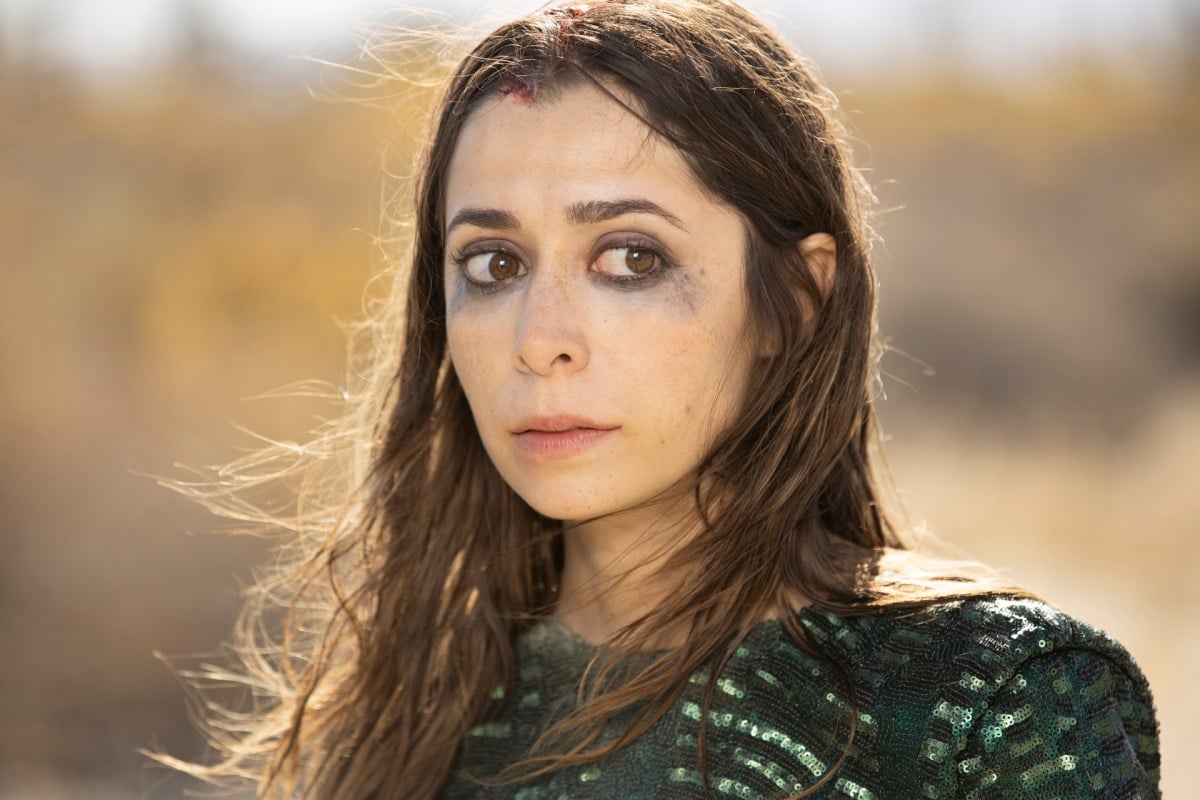

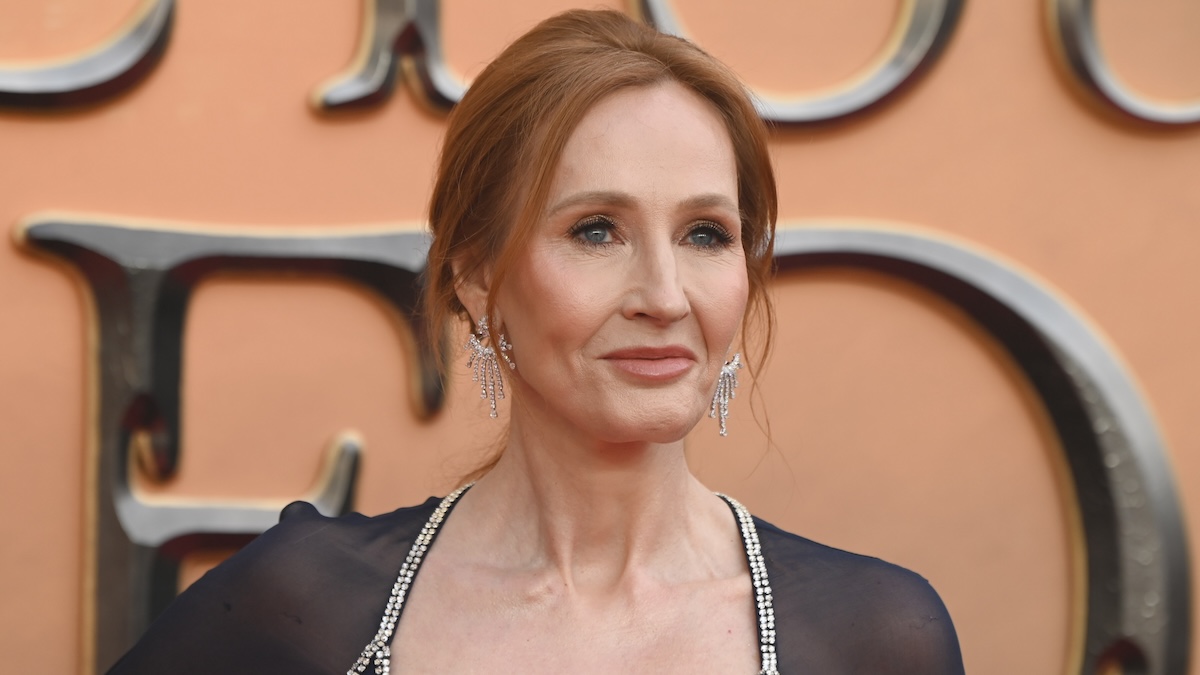

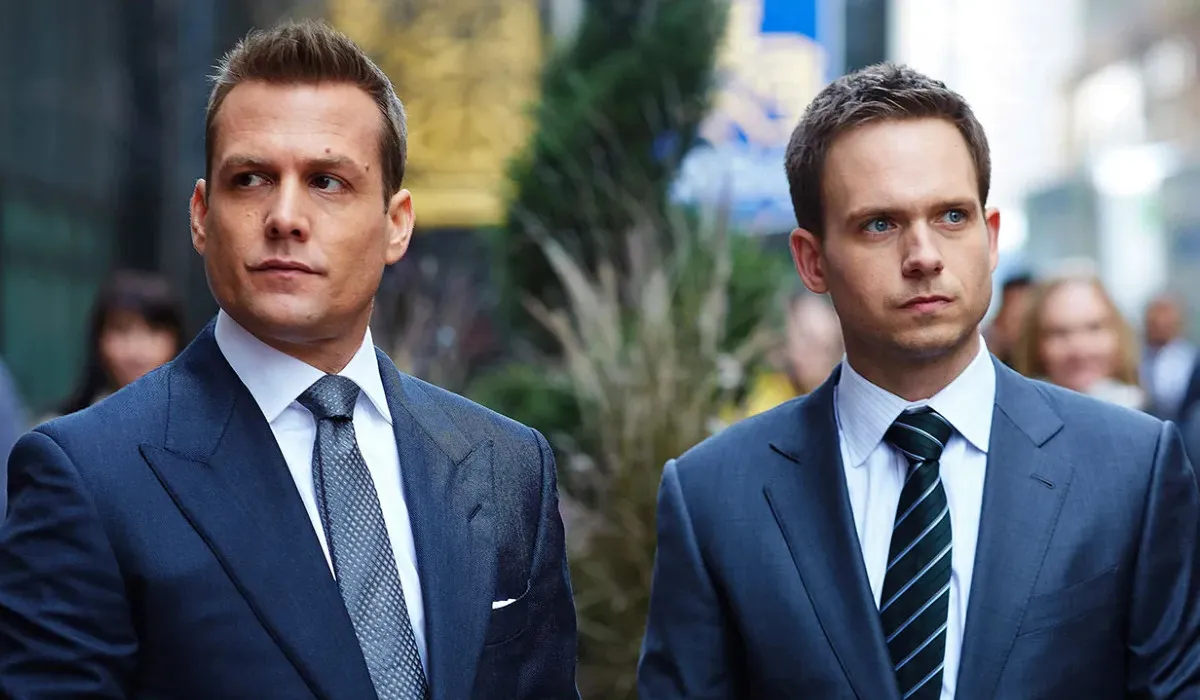


Published: Apr 16, 2021 10:01 am